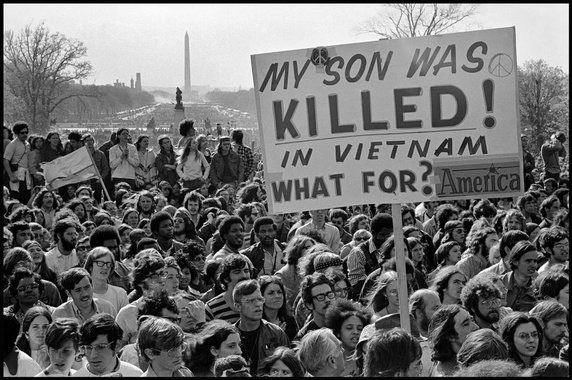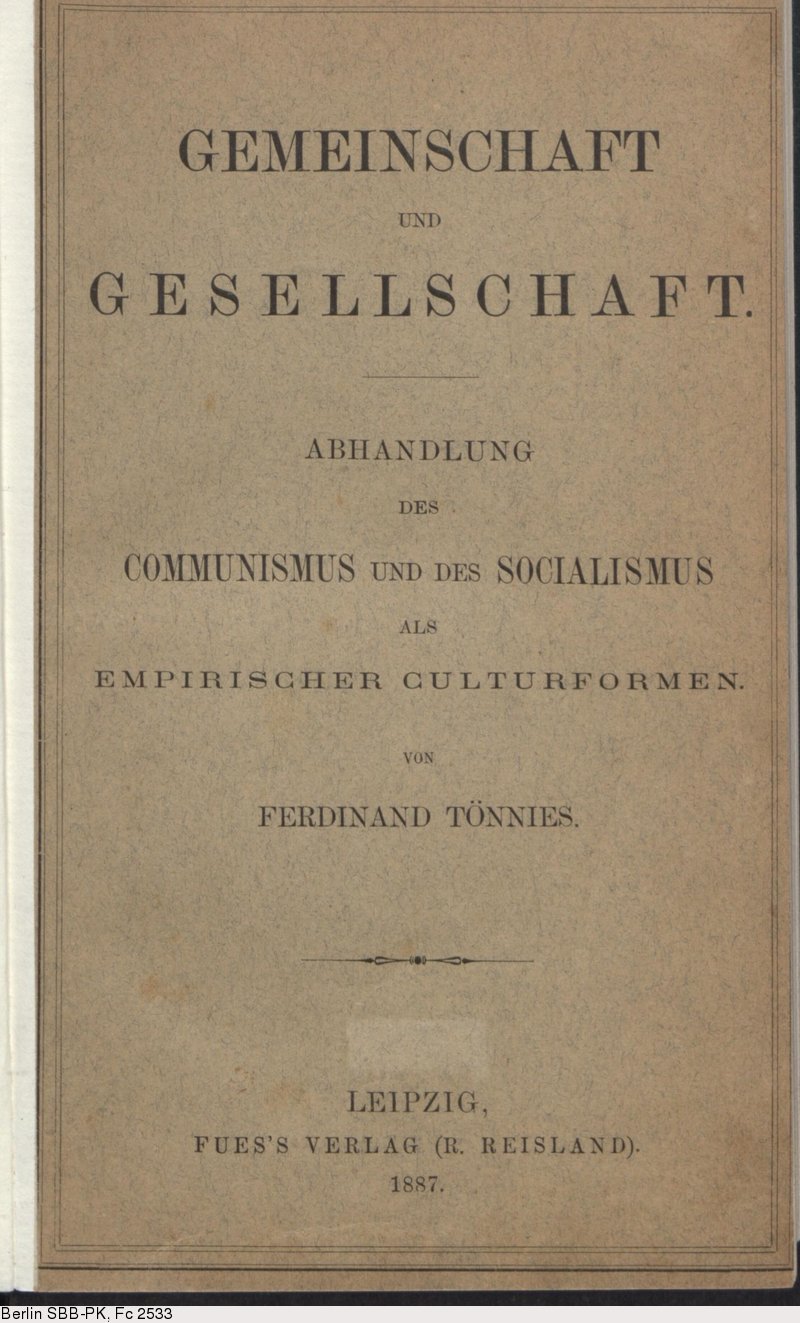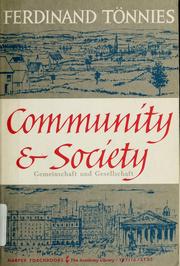I do not know much about Caitlin Johnstone, although I suspect that anyone who describes herself as a "rogue journalist" is a bit self-promoting. Nonetheless, I agree with her recent article that there are no war heroes, only victims. American service personnel are victims of the profit seeking "military industrial complex."
She wrote:
The defense industry can not increase its profits unless it increases conflict. Thus, the US military continues to increase its reach around the globe, all for the alleged sake of our safety, security, and defense of our (and other's) freedoms. Look at this map of US military bases worldwide, of varying size:
This is bunk. The US Department of Defense is creating enemies to fight, putting American service personnel in increasing danger, using them as pawns of a social fiction ("American heroes") to keep greasing the gear works of the US war machine.
Johnstone is correct: "We need to talk about this...The correct response to news of a US serviceman or woman dying in combat is not gratitude and patriotism. The correct response is rage at the people who put them in harm’s way. The longer we continue pretending that their deaths are a glorious, noble sacrifice and not an unforgivable outrage, the longer those flag-draped coffins will keep flying home."
My heart goes to US service personnel. Many serve in the military motivated by a sincere sense of duty. Bravo for them. My criticism is not toward the men and women in uniform, but the Defense Department that increasingly puts these folks in harms way, not to defend American freedoms, but to create enemies that the US must increasingly "defend" itself from. And, of course, this requires weapons.
Throw in the "threats" of Russia and China, then the defense industry justifies expansive and costly ventures into new technologies --- technologies that are rationalized as being crucial for maintaining American freedoms.
Perhaps we need to rename the US Defense Department, as "defense" is only nominal.
No, I'm not anti-American. I'm very proud to be an American. The very fact that I have to state this demonstrates how too many Americans conflate support for the military industrial complex (although they'll view it as support for American military personnel) with being a good American -- a true patriot.
 I'm old enough to remember how Americans who protested the Vietnam War were considered traitors and radicals. But there are few today who, in hindsight, would support this excursion into Vietnam. Today, there are many "Vietnams" being fought under the same banner of insuring American freedoms and liberties and defending democracy around the world. We defend the US by attacking other nations.
I'm old enough to remember how Americans who protested the Vietnam War were considered traitors and radicals. But there are few today who, in hindsight, would support this excursion into Vietnam. Today, there are many "Vietnams" being fought under the same banner of insuring American freedoms and liberties and defending democracy around the world. We defend the US by attacking other nations.
Strange.
She wrote:
Johnstone is correct: "We need to talk about this...The correct response to news of a US serviceman or woman dying in combat is not gratitude and patriotism. The correct response is rage at the people who put them in harm’s way. The longer we continue pretending that their deaths are a glorious, noble sacrifice and not an unforgivable outrage, the longer those flag-draped coffins will keep flying home."
My heart goes to US service personnel. Many serve in the military motivated by a sincere sense of duty. Bravo for them. My criticism is not toward the men and women in uniform, but the Defense Department that increasingly puts these folks in harms way, not to defend American freedoms, but to create enemies that the US must increasingly "defend" itself from. And, of course, this requires weapons.
Throw in the "threats" of Russia and China, then the defense industry justifies expansive and costly ventures into new technologies --- technologies that are rationalized as being crucial for maintaining American freedoms.
Perhaps we need to rename the US Defense Department, as "defense" is only nominal.
No, I'm not anti-American. I'm very proud to be an American. The very fact that I have to state this demonstrates how too many Americans conflate support for the military industrial complex (although they'll view it as support for American military personnel) with being a good American -- a true patriot.
Strange.






















